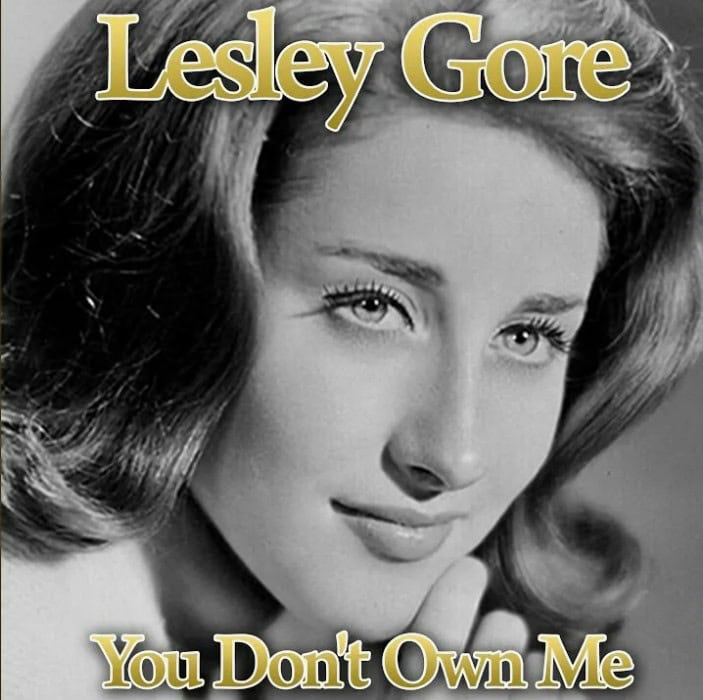
About he song
You Don’t Own Me by Lesley Gore: A Timeless Anthem of Female Empowerment
In the vibrant tapestry of 1960s music, Lesley Gore’s “You Don’t Own Me” stands out as a beacon of female empowerment, a defiant declaration of self-ownership that continues to resonate with listeners today. Released in 1963 when Gore was just 17, the song became an instant hit, reaching number two on the Billboard Hot 100 chart and establishing Gore as a teen idol. But beyond its catchy melody and pop star appeal, “You Don’t Own Me” carries a profound message of female liberation, boldly asserting a woman’s right to autonomy and self-expression.
Penned by songwriters John Madara and David White, “You Don’t Own Me” is a direct address to a possessive lover, challenging the notion of male ownership and control. Gore’s voice, imbued with both youthful determination and a hint of vulnerability, delivers the lyrics with a captivating blend of innocence and defiance. The song’s opening lines, “You don’t own me / I’m not just your little toy,” set the tone for an anthem that would become a rallying cry for women seeking independence and self-determination.
“You Don’t Own Me” was not without its critics, who found its message too assertive and its lyrics too provocative for a young female singer. However, the song struck a chord with many young women, resonating with their growing desire for personal freedom and self-expression. Gore’s performance captured the spirit of the era, embodying the burgeoning feminist movement and challenging traditional gender roles.
The song’s impact extended beyond the pop charts, influencing popular culture and inspiring generations of women. It has been covered by numerous artists, including Cher, Bette Midler, and Madonna, each bringing their own interpretation to the empowering anthem. “You Don’t Own Me” has also been featured in films, television shows, and commercials, further cementing its status as a cultural touchstone.
Today, “You Don’t Own Me” remains as relevant as ever, a timeless reminder of the importance of female autonomy and the power of self-expression. Gore’s legacy lives on through this iconic song, a testament to her artistry and the enduring power of music to inspire and empower.